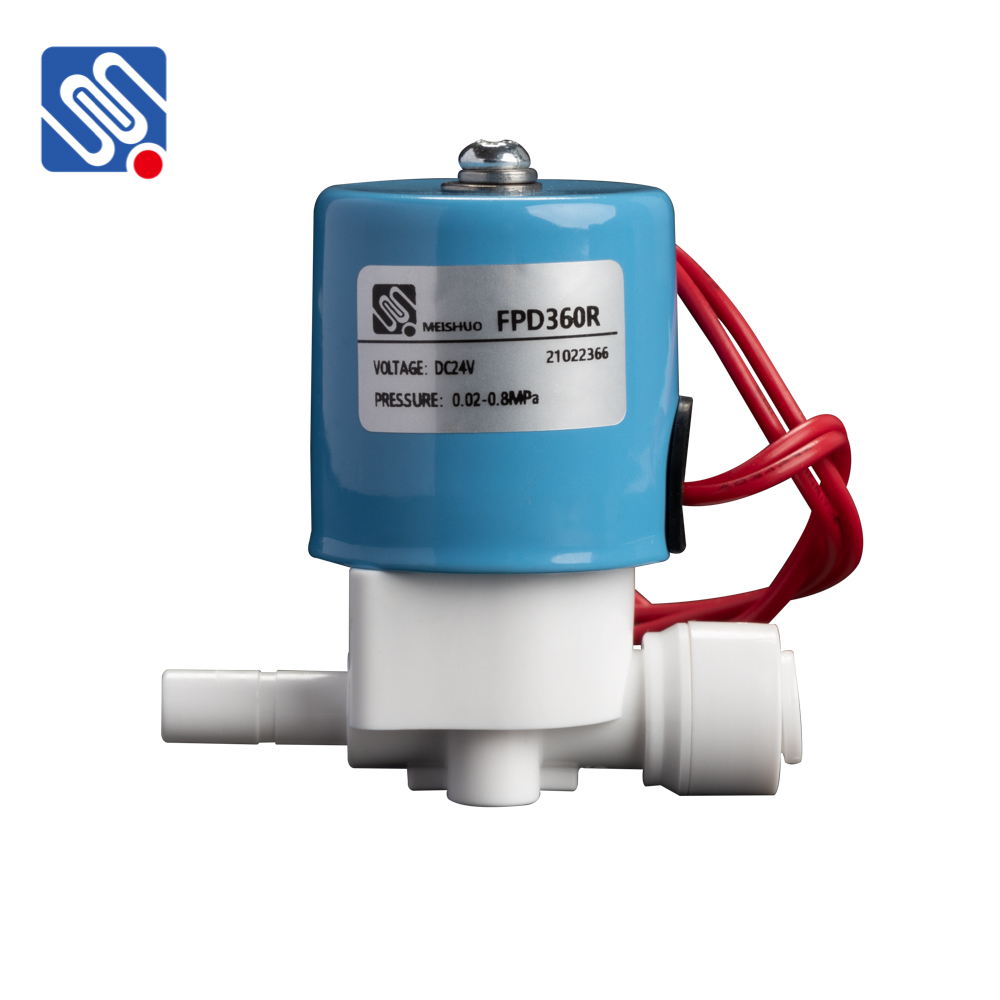understanding the importance of rohs compliant solenoid valve in modern industries
Release time:2025-10-16 23:28:18
In today’s environmentally-conscious world, industries are under increasing pressure to meet strict regulations and ensure that their products are safe for both the environment and public health. One such regulation that has gained significant attention is the RoHS (Restriction of Hazardous Substances) directive. This directive, established by the European Union, limits the use of certain hazardous materials in electronic and electrical equipment. Among the many components affected by this regulation, solenoid valves are one of the critical devices that need to comply with RoHS standards. This article explores what RoHS-compliant solenoid valves are, why they are important, and how they contribute to sustainability in various industries.

What is a RoHS Compliant Solenoid Valve?
A solenoid valve is an electromechanical device that controls the flow of liquids or gases within a system. These valves are activated by an electric current passing through a solenoid coil, which moves the valve mechanism to open or close the passage. Solenoid valves are widely used in a variety of industries, including automotive, medical, aerospace, and manufacturing.
A RoHS-compliant solenoid valve is one that meets the requirements of the RoHS directive. Specifically, these valves are manufactured without the use of restricted substances such as lead, mercury, cadmium, hexavalent chromium, polybrominated biphenyls (PBB), and polybrominated diphenyl ethers (PBDE). By eliminating these toxic materials, RoHS-compliant solenoid valves contribute to both a safer environment and a healthier workplace.

